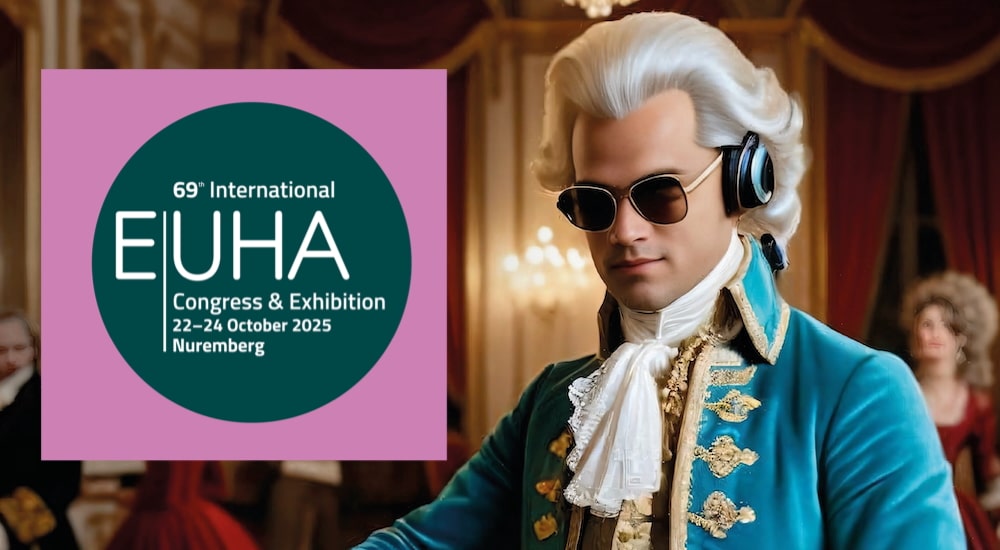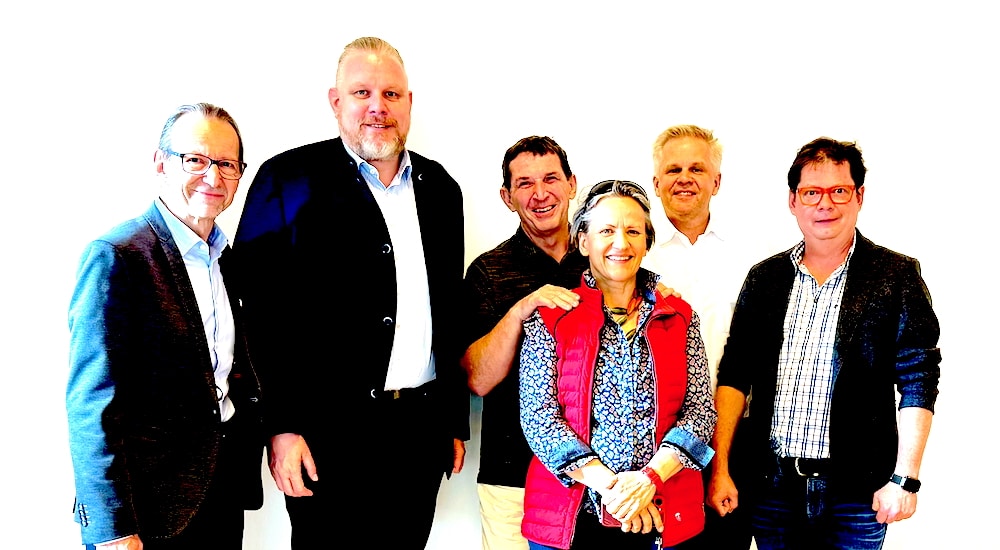New research project for age-related hearing loss
Seniors
The Global Center for Hearing and Speech Research (GCHSR) at the University of South Florida, Tampa, FL (USA) has received a five-year, USD 9 million grant from the National Institutes of Health (NIH) to study two treatment approaches for age-related hearing loss (ARHL).

According to Robert Frisina, Jr., University of South Florida Professor and Director of the GCHSR, age-related hearing loss is the number one communication disorder and most common neurodegenerative condition affecting older Americans. He told USF news that ARHL affects more people than other neurodegenerative diseases, like Alzheimer’s or Parkinson’s disease. Importantly, there are no currently approved treatments for permanent hearing loss. The center will enroll 150 elderly people for its studies over the next few years.
The grant specifically targets two promising treatment avenues. The first is the key hormone aldosterone because of its regulatory role in many physiological functions involving sodium and potassium. “Having the proper levels of aldosterone is good for a number of systems in the body, not just hearing, so boosting its level may have other benefits,” Frisina explains. “Most hormone levels decline with age, so it is likely that with correct timing and dosage, hormonal intervention could slow or prevent the progression of ARHL. Our first goal is to use animal models to determine if boosting aldosterone has a positive effect on hearing loss.”
The second research target is sound perception re-training approaches since difficulties discriminating between sounds are characteristic of ARHL. According to David Eddins, USF Professor and Associate Director of the GCHSR, “As we age, we also experience changes to our perception of the loudness of sounds, and this makes it challenging for hearing aids to make soft sounds audible without making loud sounds too loud. Another hallmark of ARHL is a loss of the fine timing needed to encode the details that give sounds clarity and a rich quality. This timing deficit can also make it difficult to accurately hear certain sounds and separate them from background noise.” This part of the project will look at developing pleasant and enjoyable sound therapy to slow or prevent the progression of ARHL by re-training ear-brain connections.
Source: USF Innovation
 Sign in
Sign in

